Featured 2

Map showing the result of the partition of Bengal in 1905. The western part (Bengal) gained parts of Orissa, the eastern part (Eastern Bengal and Assam) regained Assam, bordered by British Indian Bengal and Bihar, Nepal, Bhutan, British Burma and Tibet. Image: en.wikipedia.org
So dear Iliyas bhai, now that you are dead, I wonder if you can get a sense of history that dictated your life more than any other force. I didn't want to write a longish farewell note as your departure was a personal matter for me. But reading several other notes, I thought I would discuss a few points -shall I call them contradictions- of your life, history and ours as well.
The roots
After your passing away, not many were sure about what to say about your death. After all, you were an Urdu speaker. You were here in 1971. Should they mourn the man who had led a heroic life which they didn't know about or abuse him as a pro-Pakistani Urdu speaking agent of Yahya Khan without knowing much? It took a few days to recover some facts about you and now it's safer to mourn your passing away as a poet. The poet's identity is safe though not the rest.
But let's face the fact. You were not a Bengali and if not who are you to our shushil consciousness dominated by linguistic culture? In our simple peasant arithmetic, you speak Bengali therefore you exist and are part of us. It doesn't matter that half of the Bengalis of Bengal refused to form an independent state -a united Bengal- in 1947 and decided to join India.
That Bengalis have never been one people, always split along lines of resistance and collaboration with colonialism is not something we like to dwell upon. We like to cling to historical fiction which helps our enjoyment of cultural products produced by those who sought the partition of Bengal in 1947.
Iliyas, the Urdu speaking "Bengali" nationalist?
Once Facebook felt more confident that Iliyas bhai was not a "traitor of Bengali nationalism", his various political affiliations were mentioned including his support for the 6 points movement. Not much exactly about his closeness to Maulana Bhashani btw.
What few mentioned or know even is his long history of organizing Urdu speakers of East Pakistan who were mostly émigrés from India. Bangladeshis call them "Biharis", the misnamed victims of colonial political history and two states being forced to become one Pakistan. No matter where he went, Iliyas bhai was designated as a "good Bihari".He just could never become a good "Bangladeshi because for that you need to be a Bengali. It doesn't matter that half of the so-called Bengali population are citizens of another state.
Born in 1934 in Kolkata, he finally settled in Dhaka in 1953. Poverty prevented higher education and like so many bright young men without money or connections he joined the media world. He was first a manager of the Press Club and later a journalist in various publications. He also became active in media trade unionism.
Iliyas bhai was part of the pro-East Pakistan Urdu journalists' protesting Ayub Khan's politics including sanctions against Tagore. In Bengali nationalism's world, it was a contradiction that can't be resolved. So let's ignore this contradiction and anachronism.
In 1969, he along with others, organized the Muhajir convention which was the platform of pro-East Pakistan even AL-NAP politics supporting Urdu speakers. But it was a sincere but fragile effort as "Bengali nationalism "had taken proto religious forms, very defined by exclusion and inclusion parameters based on ethno-linguistic frames.
The nationality test after 1971
Urdu media after 1971 was impossible and Iliyas bhai suffered the indignity of being labeled a "traitor" by reasons of his ancestral language. He had wholeheartedly sided with Bangladesh but it didn't matter. His past in East Pakistan didn't matter. He was only a Urdu speaker, hence a "Bihari", hence a traitor.
There was no space for him in Bengali Bangladesh. Nobody says how he survived till 1975, bearing the stigma of collective demonization of a community. Finally, in 1975, he got a job in an NGO and entered a new world , where his dignity would be more intact. He had never wanted to go to Pakistan.
In 1980, he set up Al-Falah, dedicated to the betterment of the life of Geneva camp dwellers, read Biharis if you will. His book "Biharis: The Indian Emigres in Bangladesh ' drew attention to the plight of the camp dwellers of Bangladesh as well. He wrote several more books, all focused on the life of the Urdu speakers of Bangladesh, a strange contradiction of history in which he had no place.
Many did want to go to Pakistan, the "stranded Pakistanis" as they were called but more and more didn't. As the next generations grew up, this collective desire lessened naturally till it became just any convenient destination.
And Iliyas bhai remained firm in a world which never accepted him. Not when he came, not when he lived and nor when he died.
"I was born and grown up as Indian
I became matured as Pakistani
I remained stateless for 37 years
I will die as a Bangladeshi."






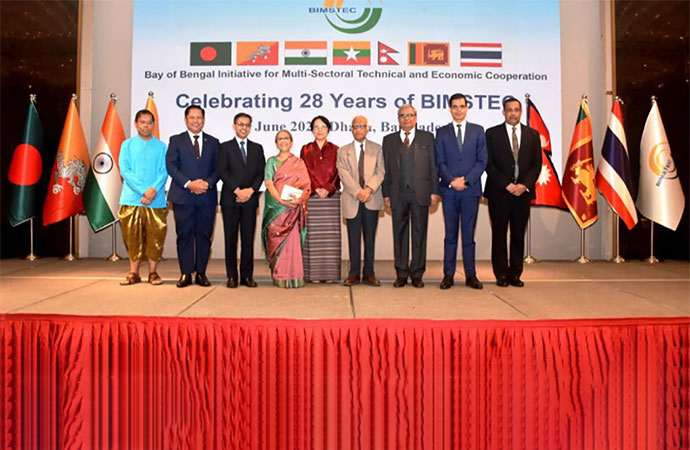




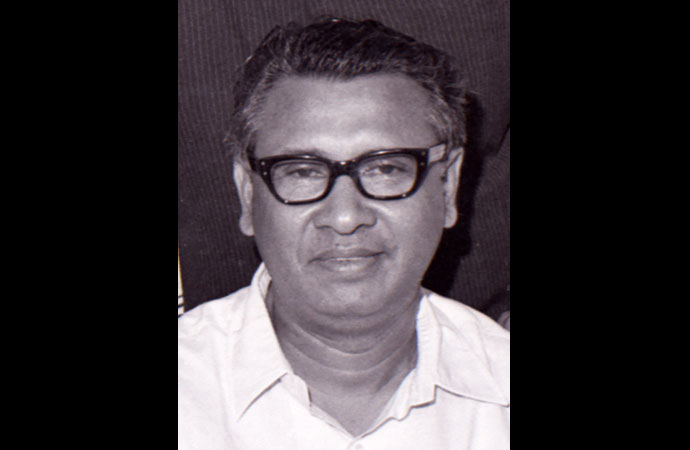
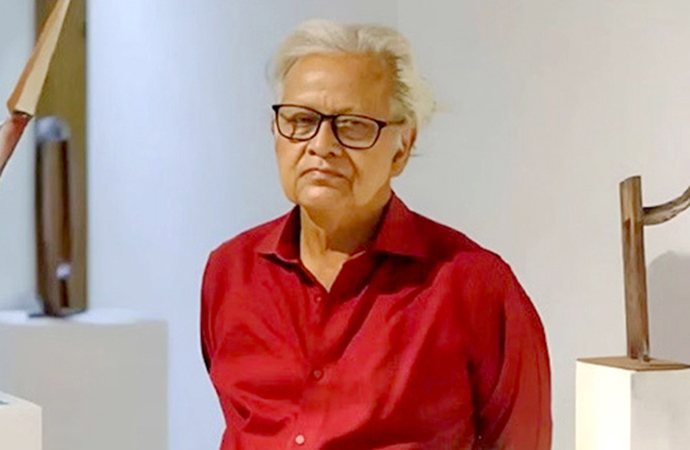






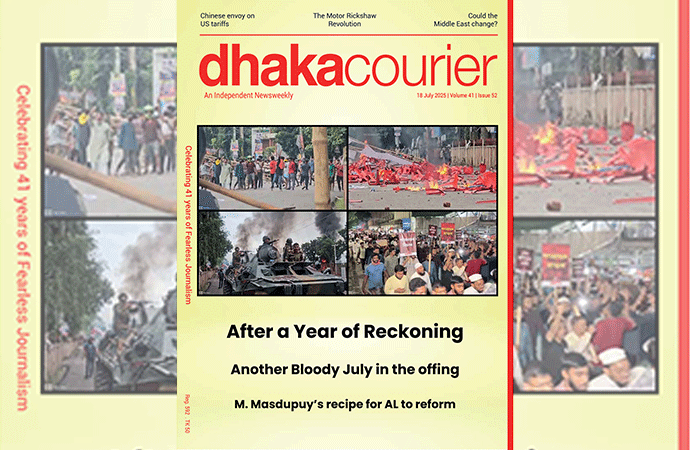
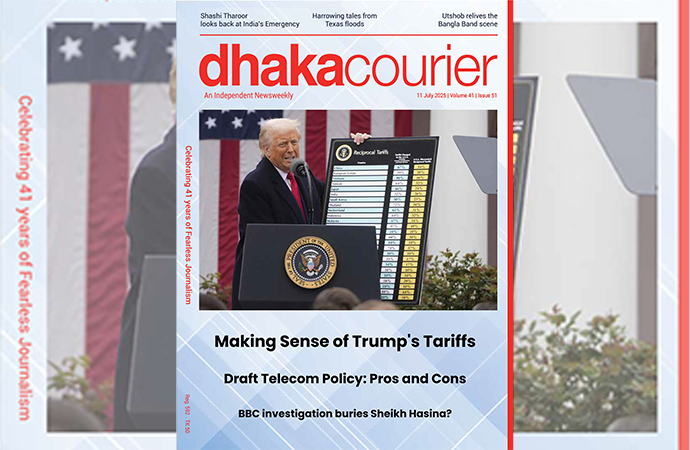
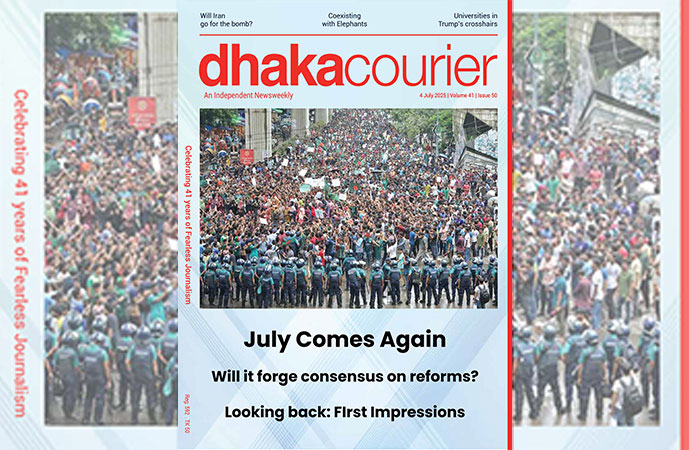
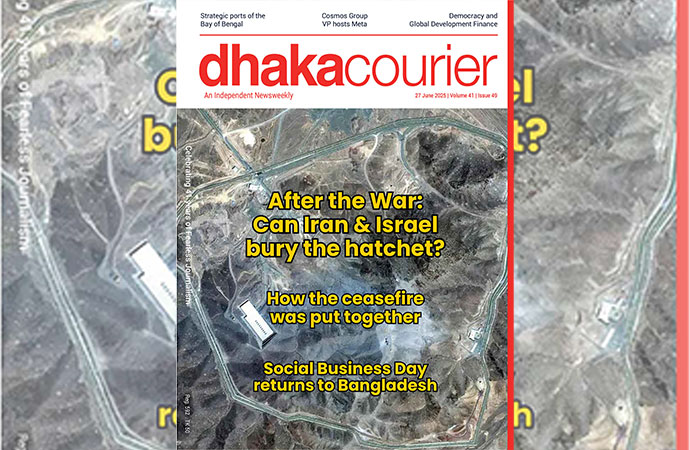
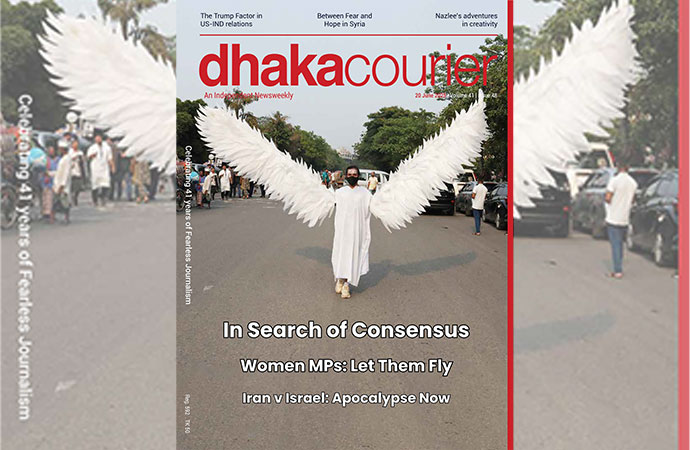
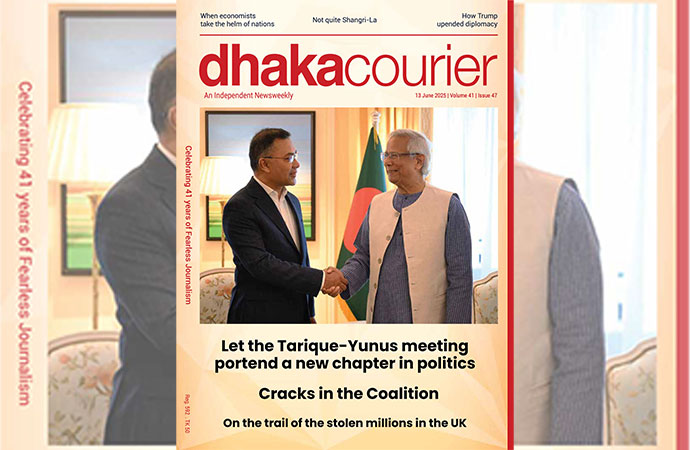
Leave a Comment
Recent Posts
Wrestling legend Hulk Hogan di ...
Hulk Hogan, the iconic mustachioed showman who helped transform profes ...
‘Punoray: shaping the future, ...
In a compelling initiative that seeks to bridge art, craft, and the st ...
Rangamati mourns death of Ukya Ching Marma in Milest ..
Uttara plane crash: A guardian’s last act of love
BIMSTEC for addressing security challenges that hind ..
The longest week yet, in Bangladesh 2.0